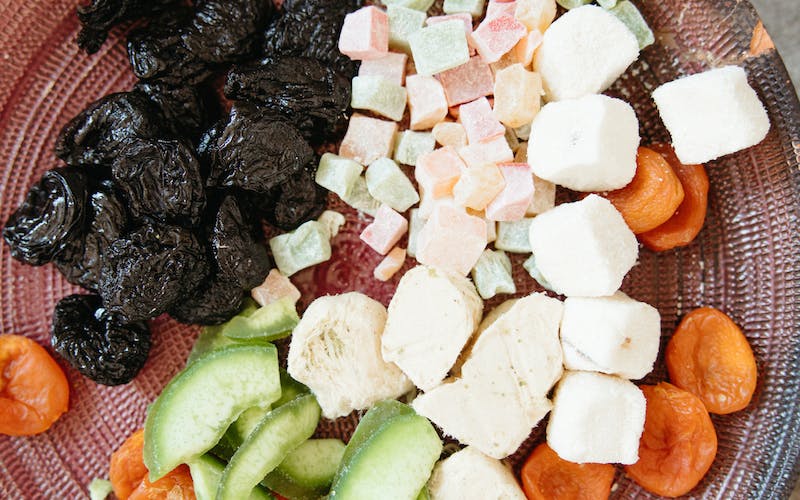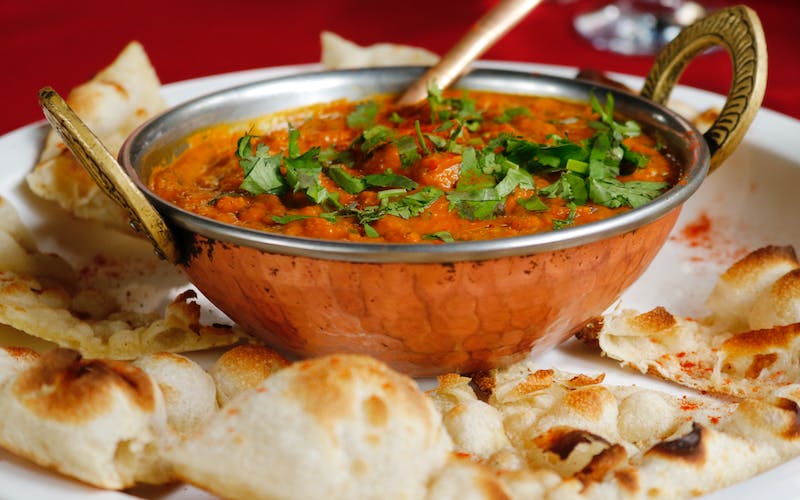Race day is a moment of excitement and anticipation, whether you’re running a marathon, participating in a triathlon, or competing in any other athletic event. Proper nutrition is crucial to ensure you have the energy and stamina to perform at your best. So, this article will explore valuable nutrition tips for race day preparation. These tips, which include hydrogen water, will help you fuel your body effectively so you can cross the finish line feeling strong and accomplished.
1. Carbohydrates: Your Energy Source
Carbohydrates are your body’s primary energy source during endurance activities. So, in the days leading up to the race, focus on carbohydrate-rich foods like whole grains, pasta, rice, and sweet potatoes. These foods provide the glycogen stores your muscles need for sustained energy during the race. Remember that a well-balanced diet should include a variety of carbohydrates, such as fruits and vegetables, to ensure a spectrum of nutrients that benefit your overall health and performance.
2. Hydration: Key to Performance
Staying properly hydrated is essential for race day success. Dehydration leads to fatigue and decreased performance. In addition to drinking water, consider incorporating hydrogen water into your hydration plan. Hydrogen water contains molecular hydrogen, which has antioxidant properties and may help reduce exercise-induced oxidative stress. It’s a valuable addition to your pre-race hydration routine. So, be sure to monitor your hydration status by checking your urine’s colour; pale yellow urine indicates proper hydration.
3. Balanced Meals: Protein and Fat
While carbohydrates are crucial, don’t overlook the importance of a balanced meal. Include lean sources of protein, such as chicken, fish, or tofu, and healthy fats like avocados, nuts, and olive oil. These nutrients help with muscle repair and provide sustained energy throughout the race. For example, salmon is not only a great source of protein but also provides omega-3 fatty acids that have anti-inflammatory benefits, aiding in your post-race recovery.
4. Pre-Race Meal Timing
Your last meal before the race should be consumed 2-3 hours before the starting gun. This allows enough time for digestion and reduces the risk of digestive discomfort during the race. So, opt for a meal rich in carbohydrates, moderate in protein, and low in fibre to ensure easy digestion. You can create a satisfying meal by pairing brown rice (complex carbohydrates) with grilled chicken (protein) and steamed vegetables (fibre in moderation), which provides a well-rounded pre-race plate.
5. Avoid New Foods
Race day is not the time to experiment with new foods. So, stick to familiar and well-tolerated options that you’ve tested during your training. Trying unfamiliar foods can lead to digestive issues or allergic reactions, which can jeopardise your performance. It’s essential to maintain the same diet consistency during your training period and on race day to minimise the risk of any unwelcome surprises.
6. Hydration Plan
In the hours leading up to the race, sip water gradually to stay adequately hydrated. Avoid overhydration, which can lead to discomfort and may dilute essential electrolytes in your body. Electrolyte drinks or sports drinks can help maintain electrolyte balance, especially during longer races. Also, be mindful of the temperature on race day; hot and humid conditions may require increased fluid intake to prevent dehydration and overheating.
Conclusion
Proper nutrition is a key component of race day success. By focusing on carbohydrates for energy, staying hydrated with hydrogen water and electrolyte drinks, and consuming balanced meals, you can optimise your performance. Additionally, mindful meal timing, avoiding new foods, and considering caffeine for a boost can help you reach your race day goals. Remember that race-day nutrition is a personal journey, so it’s essential to find what works best for you through trial and error during your training. With the right nutrition plan, you’ll be well-prepared to tackle your next race with confidence and determination.



